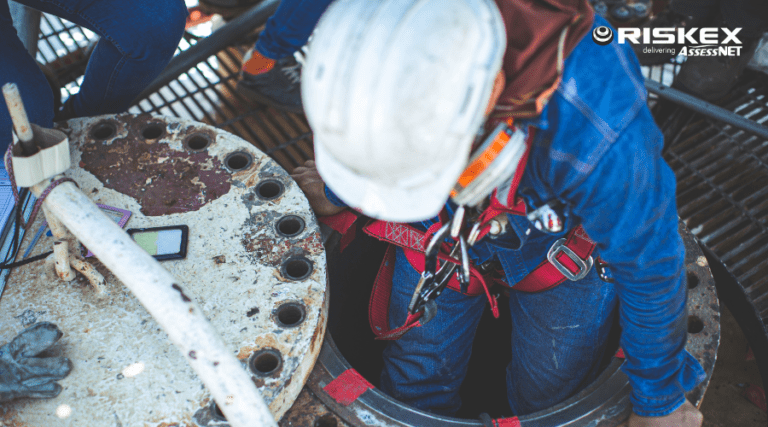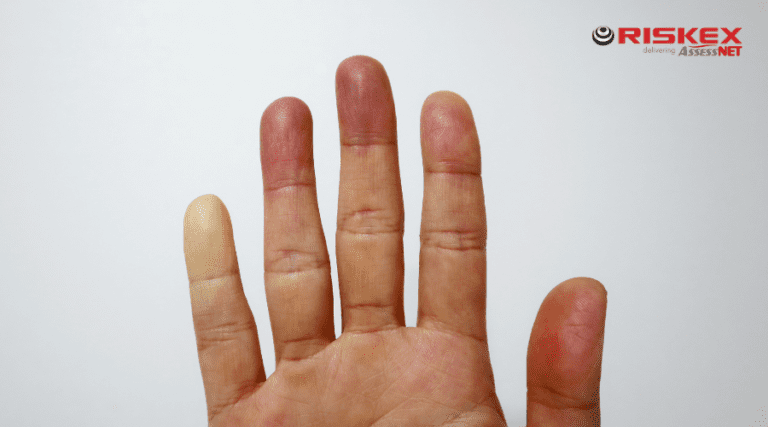A tribunal has found that an employee was rightly dismissed for refusing to return to work over fear of Covid-19.
Covid-19 has highlighted numerous concerns for employers and employees alike, not least around employment rights relating to Covid-19 and health and safety. A recent case has shed more light on how Tribunals may deal with the pandemic-related workplace issue of employees’ refusal to work on health and safety grounds, due to fear of Covid-19.
The case involved an employee who refused to come to work after a colleague was diagnosed positive with Covid-19 and self-isolated. The employee was fearful of Covid-19 and wanted to protect his child, who has sickle cell disease. After a month of refusing to return to work, the employee was dismissed.
The tribunal case was brought by the employee for unfair dismissal, after exercising his rights to leave the workplace and take steps to protect himself where he reasonably believed there was a serious and imminent danger, under sections 100(1)(d) and (e) of the Employment Rights Act 1996.
The key point shown at the tribunal was that the employee had no right to refuse to work simply due to the existence of Covid-19, as it poses no automatic serious and imminent danger in the workplace which can’t be avoided.
The employer had also shown that they had followed government guidelines to create a covid-secure workplace, and that the employee had not followed self-isolation while refusing to work. The employee also couldn’t show that the risk was greater at work than outside it.
Therefore, the employer was found not guilty of unfair dismissal. The lesson for employers is to make sure Covid-19 health and safety guidelines are being carefully followed, in order to prevent, or successfully contest any claims.
The full case report can be found here.






